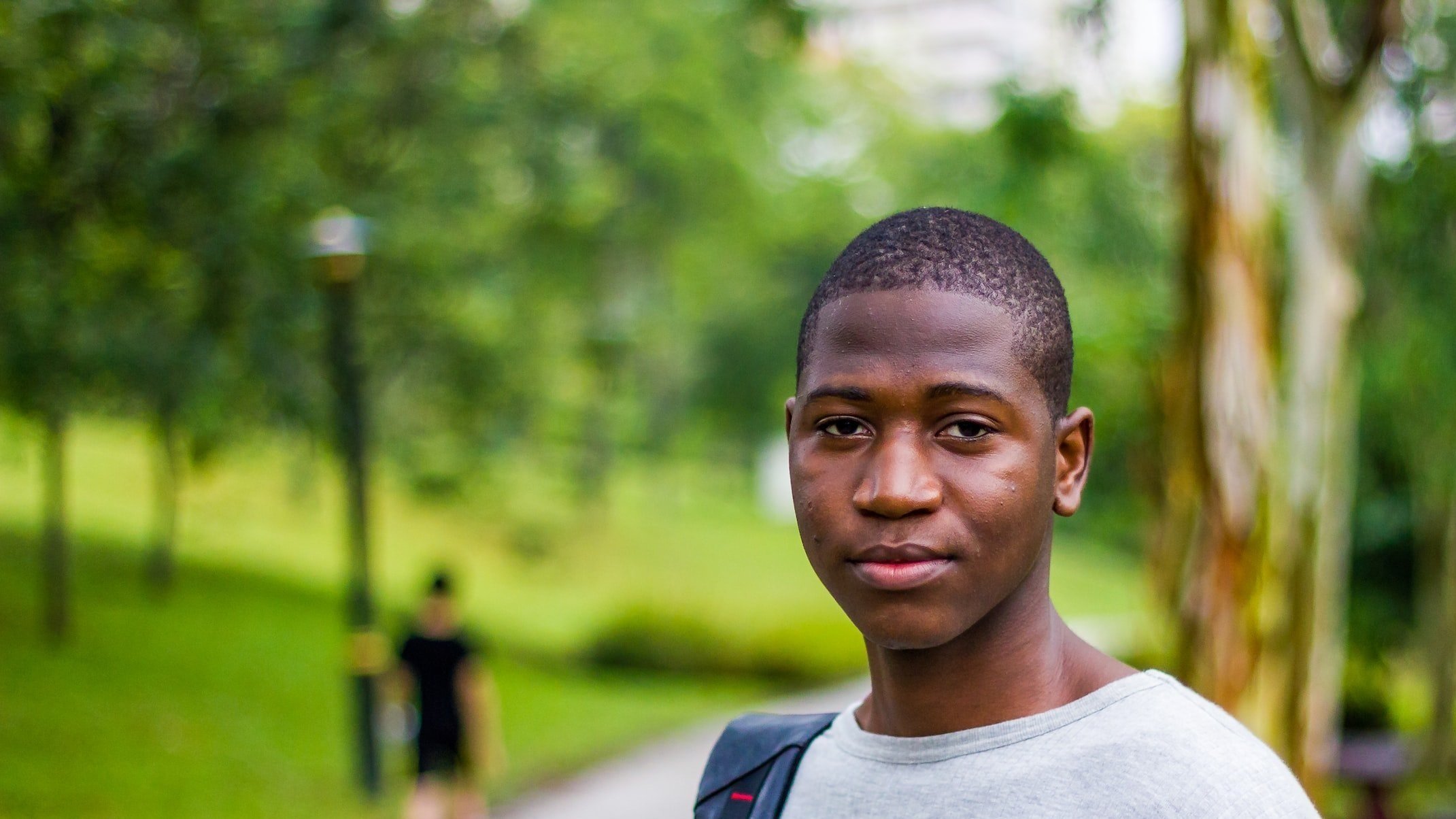
PROGRAM PHASES
“Not everything that is faced can be changed, but nothing can be changed until it is faced.”
— James Baldwin
The SPSH structure is based on four core pillars which are delivered through four program phases.
Phase One - Orient and Assess
Phase Two - Build Skills and Support
Phase Three - Maintain and Sustain
Phase Four - Launch and Thrive
-
The Casey Life Skills assessment is introduced early to help participants identify their strengths and areas for development across multiple life domains. The assessment provides both participants and staff with a comprehensive understanding of individual needs and starting points. This insight allows for the creation of a customized action plan that aligns with the participant’s personal goals and program objectives. Results from the assessment helps tailor workshops and resources to better support each participant's unique journey.
-
During this phase, participants engage in skill building workshops that utilize Casey Life Skills tools to focus on essential competencies such as daily living, self-care, and interpersonal skills. Workshops draw directly from assessment findings to offer targeted training that supports growth in these areas. Financial literacy training, which is also a key part of this phase, will be reinforced activities related to budgeting, banking, and saving.
Regular progress reviews ensure participants are staying on track with their personalized goals and adapting their strategies as needed. These check-ins provide measurable data on the development of critical skills and inform any necessary adjustments to the participants' action plans.
-
In this phase, workshops focus on enhancing skills in navigating real-life scenarios, such as managing health appointments, grocery shopping, meal preparation, researching housing options, applying for jobs, maintaining household responsibilities and home upkeep.
Participants engage with modules that address decision-making and problem-solving, fostering self-reliance as they move toward independent living. Staff use updated Casey Life Skills assessments to measure progress and guide participants as they practice applying learned skills.
-
Phase Four focuses on guiding youth into independent living and ensuring ongoing stability. This phase reinforces the life skills developed throughout the program, empowering participants to maintain stable housing, secure employment, and build meaningful relationships as they transition to self-reliance.
Youth are encouraged to apply budgeting, community engagement, and health routines for continued self-sufficiency. Staff conduct follow-up check-ins for aftercare, offering guidance and addressing potential challenges. Participants share life updates and celebrate milestones, fostering a supportive network and reinforcing their confidence in maintaining long-term stability.

CORE PRINCIPLES
-
At SPSH, we’re here to help transitional age youth take control of their lives through self-liberation and real transformation. Many of our participants haven’t had the chance to shape their own paths, but through our program, they gain the skills, tools, and resources needed to make purposeful choices and build the future they want. We offer fresh perspectives that encourage them to turn frustration into respect, shared power, and self-belief.
They also learn practical strategies, build self-confidence, and access resources that prepare them for housing and independent living. This journey of growth creates a powerful cycle—a positive feedback loop that builds confidence and keeps them moving forward, step by step, toward lasting independence.
-
We believe in helping each young person see their unique strengths and step confidently into a life they shape for themselves. Through our program, participants learn to move beyond past hardships and embrace a new, empowered view of who they can be. They’re encouraged to see themselves as leaders and supporters, capable of building healthy relationships and making choices that reflect their values and goals.
By building confidence and a clear sense of purpose, they develop the resilience and skills needed to take on the challenges of independent living, including housing stability. This journey not only strengthens their belief in themselves but also equips them to handle the responsibilities and freedoms that come with a secure and self-sufficient future.
-
Connection is essential to creating stability and a sense of belonging. At SPSH, participants find a community where they form meaningful relationships with staff, peers, and the world around them. Many join us without the experience of a supportive, stable home, so we work to foster an environment built on respect, trust, and mutual support.
They’re encouraged to connect with the larger community through volunteer work, jobs, and causes that matter to them. These experiences teach the importance of giving back, helping them see the power of shared support and community. Through these connections, they develop the collaboration and life skills needed to live independently, sustain housing, and actively participate in their communities, building a foundation for a future where they can truly thrive.

WORKSHOPS/GROUPS
EQUIP. EMPOWER. CONNECT. GROUPS (EEC)
Equip, Empower, Connect (EEC) Program Overview
The EEC Program at SPSH is a structured, 12-week journey designed to empower young men aged 17-24 with the skills, resources, and connections they need to achieve stable housing and independence. Through interactive workshops, personalized goal-setting, and a strong emphasis on community support, participants gain hands-on experience and insights that prepare them for real-world challenges. Each session builds on the last, covering essential topics and promoting self-efficacy, resilience, and community engagement.
Program Highlights:
· Structured Learning: Each week focuses on a specific topic, equipping participants with practical skills that contribute directly to their housing and personal stability. Sessions include introductions to employment readiness, financial empowerment, wellness, and independent living essentials, all aimed at preparing participants for a sustainable, independent future.
· Skill Development: From resume building to budgeting and healthy relationships, the program covers critical life skills. Participants develop real-world competencies in managing their finances, navigating the job market, and cultivating positive interpersonal skills, all essential for securing and maintaining housing.
· Personalized Goal Setting: Participants are encouraged to set personal housing goals in the first session, building a sense of ownership and direction. This focus on individualized goal setting allows each participant to tailor the program to meet their unique needs and aspirations for stable housing and independence.
· Interactive Activities: Hands-on workshops, role-plays, group discussions, and problem-solving exercises make each session engaging and impactful. Participants actively practice new skills in a supportive environment, helping them gain confidence and real-life readiness.
· Resource Connection: Throughout the program, participants connect with valuable community resources, mentorship, and support networks that assist them beyond the program's duration. This includes introductions to local housing services, employment support, and financial tools to bolster their transition to independent living.
· Reflection and Celebration: The final session is a time to reflect on the journey, recognize achievements, and celebrate growth. Participants share experiences, lessons learned, and plans for the future, reinforcing a sense of community and accomplishment.
PROGRAM AND GROUP OFFERINGS
ECONOMIC AND FINANCIAL LITERACY
EMPLOYMENT/CAREER ASSISTANCE AND PREPARATION
HEALTH AND WELLNESS
LIFE SKILLS TRAINING
MENTORING/SOCIAL SUPPORTS

THINGS TO KNOW
ELIGIBILITY REQUIREMENTS
MUST BE MALE
BETWEEN THE AGES OF 17-24
A KENT COUNTY RESIDENT
WE HELP PARTICIPANTS ACQUIRE
STATE ID
SOCIAL SECURITY CARD
BIRTH CERTIFICATE



